Bar Exam Notes: Competition Law 101
PROHIBITED ACTS: ABUSE OF DOMINANT POSITION
It is not illegal to have a dominant position in the market; however, it is illegal to abuse one’s dominance.
HOW TO DETERMINE CONTROL OR DOMINANCE OF MARKET?
In determining the control of an entity, the Commission may consider the following:
Control is presumed to exist when the parent owns directly or indirectly, through subsidiaries, more than one half (1/2) of the voting power of an entity, unless in exceptional circumstances, it can clearly be demonstrated that such ownership does not constitute control. Control also exists even when an entity owns one half (1/2) or less of the voting power of another entity when:
(a) There is power over more than one half (1/2) of the voting rights by virtue of an agreement with investors;
(b) There is power to direct or govern the financial and operating policies of the entity under a statute or agreement;
(c) There is power to appoint or remove the majority of the members of the board of directors or equivalent governing body;
(d) There is power to cast the majority votes at meetings of the board of directors or equivalent governing body;
(e) There exists ownership over or the right to use all or a significant part of the assets of the entity;
(f) There exist rights or contracts which confer decisive influence on the decisions of the entity
For more information, see
PCA Chapter 4, Section 25.WHEN CAN A BUSINESS BE CONSIDERED DOMINANT IN THE MARKET?
A dominant position refers to a position of economic strength that an entity or entities hold which makes it capable of controlling the relevant market independently from any or a combination of the following: competitors, customers, suppliers, or consumers.
For more information, see
PCA Chapter 1, Section 4.Dominance can exist either on the part of one firm (single dominance) or of two or more firms (collective dominance). In determining whether a business has a market dominant position, the Commission will consider the following factors:
* The share of the entity in the relevant market and whether it can fix prices on its own or restrict supply in the relevant market;
* The competitors’ shares in the relevant market;
* Existence of barriers to entry and the elements which could change both the barriers and the supply from competitors;
* Existence and power of competitors;
* Credible threat of future expansion by competitors or entry by potential competitors;
* Market exit of competitors;
* Bargaining strength of customers;
* Possibility of access by competitors or other enterprises to its sources of inputs;
* Power of its customers to switch to other goods or services;
* Recent market behavior;
* Ownership, possession, or control of infrastructure which are not easily duplicated;
* Technological advantages or superiority, compared to other competitors;
* Access to capital markets or financial resources;
* Economies of scale and scope;
* Vertical integration; and
* Existence of a highly developed distribution and sales network. --
need to edit url
For more information, see
PCA Chapter 1, Section 4(g);
PCA Chapter 5, Section 27and
PCA Chapter Implementing Rules and Regulations, Rule 8WHEN CAN A BUSINESS BE HELD LIABLE FOR ABUSING ITS MARKET DOMINANCE?
The PCA prohibits entities from abusing their dominant position in the relevant market by engaging in conduct that would substantially prevent, restrict, or lessen competition.
Examples of conduct constituting abuse of dominant position:
* Selling goods or services below cost to drive competition out of the market;
* Imposing barriers to entry or committing acts that prevent competitors from growing within the market;
* Making a transaction subject to acceptance by other parties who have no connection to the transaction;
* Setting prices or other terms or conditions that discriminate unreasonably between customers or sellers of the same goods or services;
* Imposing restrictions on the lease or contract for sale or trade of goods or services concerning where, to whom, or in what form a good or service may be sold or traded;
* Making supply of particular goods or services dependent upon the purchase of other goods or services from the supplier;
* Imposing unfairly low purchase prices for the goods or services of marginalized service providers and producers, such as farmers, fisherfolk, and micro, small, and medium enterprises (MSMEs);
* Imposing unfair purchase or selling price on competitors, customers, suppliers or consumers; and
* Limiting production, markets or technical development to the prejudice of consumers.
For more information, see
PCA Chapter 3, Section 15.Illustrative case:
In a Statement of Objections filed in March 2019, the PCC Enforcement Office charged Urban Deca Homes (UDH) Manila Condominium Corporation and 8990 Holdings, Inc. with abuse of dominance. This was due to UDH’s imposition of a sole internet service provider (ISP) on its residents, preventing them from availing themselves of alternative fixed-line ISPs. The Enforcement Office, the PCC’s investigative and prosecutorial arm, found that UDH’s exclusive partnership with Itech Rar Solutions prevented the entry and access of other providers in UDH Manila. It also found that UDH Manila’s property manager blocked other ISPs from installing fixed-line internet on units and from marketing their services to interested residents. The probe was triggered by numerous complaints posted by unit owners and tenants of UDH Manila in PCC’s Facebook account. The complainants claimed they were prevented from getting other ISPs even if the in-house Fiber to Deca Homes service was slow, expensive, and unreliable.
For more information, see
PCC Breaks condo-internet exclusivity deal.WHAT ARE THE EXCEPTIONS TO THE COVERAGE OF ABUSE OF DOMINANCE?
Any conduct which contributes to improving production or distribution of goods or services within the relevant market, or promoting technical and economic progress while allowing consumers a fair share of the resulting benefit may not necessarily be considered an abuse of dominant position.
Additionally, the acquisition, maintenance, and increase of market share does not violate the PCA if:
* It is acquired through legitimate means, such as having superior skills, rendering superior service, producing or distributing better-quality products, having business acumen, and using and enjoying intellectual property rights; and
* It does not substantially prevent, restrict, or lessen competition in the market.
For more information, see
PCA Chapter 3, Section 15(a), (d) (e) and (i).For a copy of the Philippine Competition Act and its Implementing Rules and Regulations, click
here
Want updates from us?


